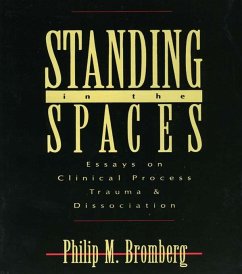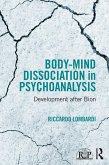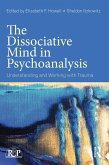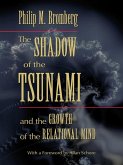This insight leads to other discoveries. Beneath the dissociative structures seen in schizoid patients, and also in other personality disorders, Bromberg regularly finds traumatic experience -- even in patients not otherwise viewed as traumatized. This discovery allows interpersonal notions of psychic structure to emerge in a new light, as Bromberg arrives at the view that all severe character pathology masks dissociative defenses erected to ward off the internal experience of trauma and to keep the external world at bay to avoid retraumatization. These insights, in turn, open to a new understanding of dissociative processes as intrinsic to the therapeutic process per se. For Bromberg, it is the unanticipated eruption of the patient's relational world, with its push-pull impact on the analyst's effort to maintain a therapeutic stance, that makes possible the deepest and most therapeutically fruitful type of analytic experience.
Bromberg's essays are delightfully unpredictable, as they strive to keep the reader continually abreast of how words can and cannot capture the subtle shifts in relatedness that characterize the clinical process. Indeed, at times Bromberg's writing seems vividly to recreate the alternating states of mind of the relational analyst at work. Stirringly evocative in character and radiating clinical wisdom infused with compassion and wit, Standing in the Spaces is a classic destined to be read and reread by analysts and therapists for decades to come.
Dieser Download kann aus rechtlichen Gründen nur mit Rechnungsadresse in A, B, BG, CY, CZ, D, DK, EW, E, FIN, F, GR, HR, H, IRL, I, LT, L, LR, M, NL, PL, P, R, S, SLO, SK ausgeliefert werden.









